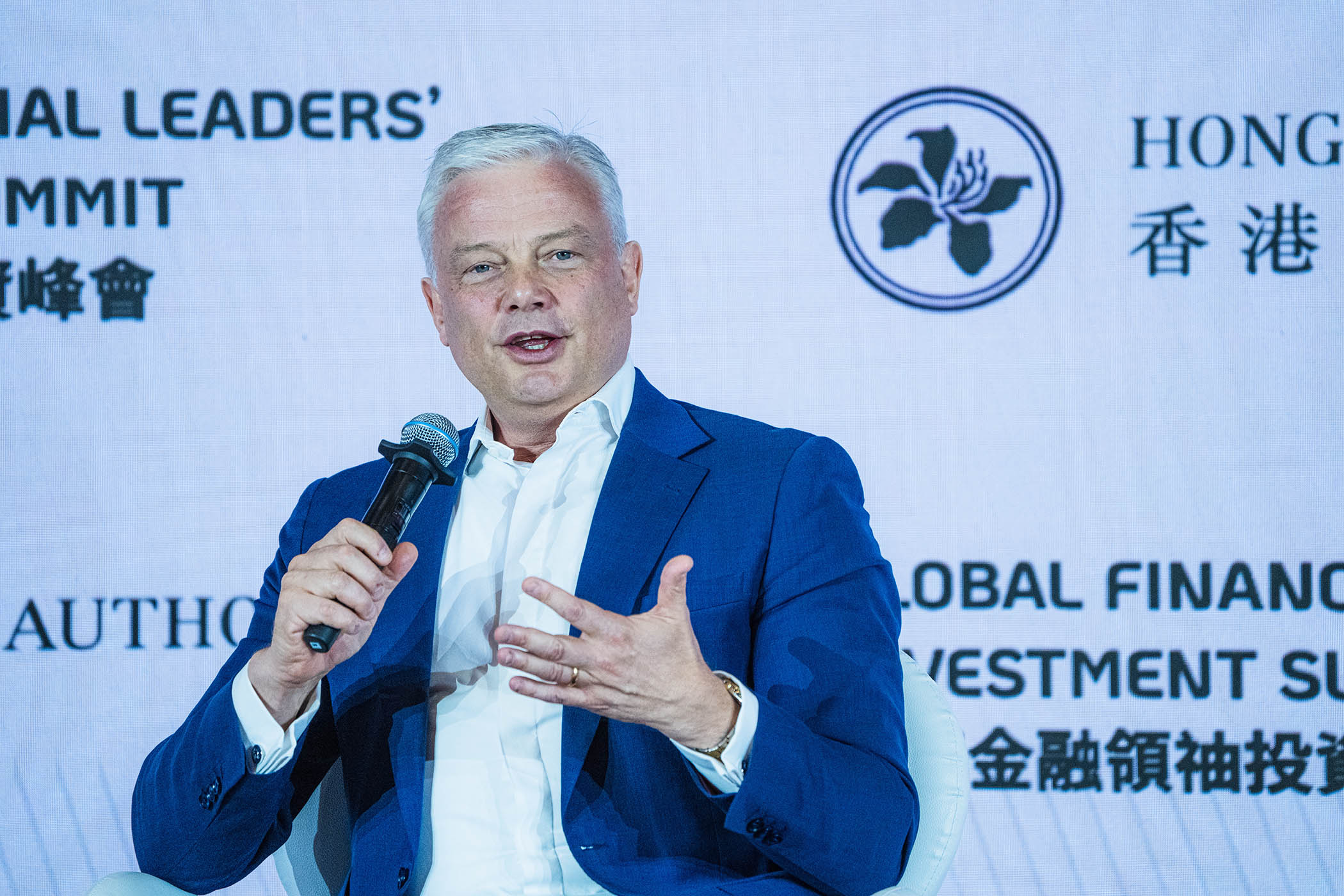The crises in Ukraine and Gaza are so dire that people here can be forgiven for not paying attention to the threat to democracy and the rule of law on the other side of the Atlantic. It’s a threat which has been spreading here too, with vice-president Vance’s support for the far right in Germany and Reform in the UK.
Tariff wars aren’t the only problem. Every day Trump edges closer to “quasi-fascism”. Robert Reich, the former labour secretary under Bill Clinton, uses the term “state capitalism” to describe the way Trump is appropriating strategic sections of US business, Mussolini-style, for the Maga (Make America – and the Trump entourage – Great Again) project.
As Hannah Arendt wrote: “Totalitarianism in power invariably replaces all first-rate talents, regardless of their sympathies, with crackpots and fools whose lack of intelligence and creativity is still the best guarantee of their loyalty.”
There are few better examples of this in Trumpland than his recent sacking of the head of the US Bureau of Labour Statistics. The bureau had reported a sharp slowdown in the growth of employment which did not fit with Trump’s boasts of a booming economy. Trump’s preferred successor is someone who believes a recession should be defined not on the basis of employment or output data, but on “how people feel”.
For obvious geopolitical reasons, Keir Starmer and foreign secretary David Lammy are cosying up to Trump and Vance. But they should be supping with very long spoons. If there is one thing Trump and Vance's rhetorical attacks on Europe have achieved, it is to bring European nations closer together to recognise their common interests.
Financial markets should not regard a modification as a ‘Truss moment’
Financial markets should not regard a modification as a ‘Truss moment’
Two obvious examples are the need to raise the defence budgets of Europe’s Nato members and to emphasise the importance of the UK recognising its historic mistake and applying to rejoin the EU.
Which brings us to the travails of the British economy and problems facing chancellor Rachel Reeves. In the middle of the holiday season, one can hardly pick up a newspaper without speculation about what tax increases should be in the November budget. I’ve been in this business a long time, but I cannot remember such speculation so long before the actual budget date.
I find it discomforting –with the economy barely recovering, unemployment close to 5%, and business and consumer confidence depressed – that the general assumption of the commentariat is that the economy should be administered another blow to economic demand with tax increases.
Whatever the merits of the inheritance taxes being floated, they are pretty irrelevant to the nation’s present economic problems. It is important to distinguish between the obvious need to finance the increases in public expenditure on health and other services as the population ages, and the choices for macroeconomic policy at present.
There has been criticism of the Bank of England for lowering interest rates recently. Yet, as Gordon Brown when chancellor and his then economic adviser Ed Balls made plain, the inflation target, introduced by them, was symmetrical: it was not supposed to be deflationary, but, like the US Federal Reserve’s inflation target, to take account of wider economic developments and future prospects.
Newsletters
Choose the newsletters you want to receive
View more
For information about how The Observer protects your data, read our Privacy Policy
So how do the chancellor’s present problems fit in with her non-negotiable fiscal rules? Well, they don't. But it is the chancellor's privilege to change her mind.
It is blindingly obvious that the transition to the much talked about “war economy” should involve special arrangements for the defence budget, which should be in a separate category from other spending and borrowing. Participants in the financial markets should be sophisticated enough to appreciate this, and not regard such a modification of the fiscal rules as a “Truss moment”.
Increases in defence spending should, like rearmament before the second world war, make a contribution to output, employment and the achievement of faster economic growth.
Photograph by Dan Kitwood/Getty



